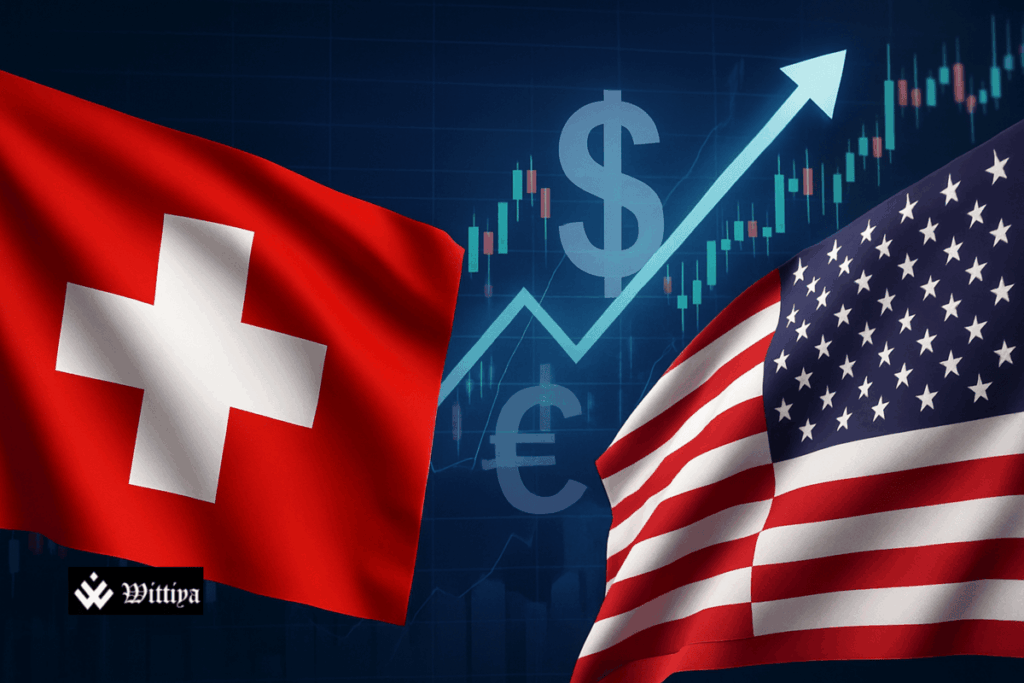Switzerland has agreed to tariff negotiations with the United States, securing “somewhat preferential treatment” under President Donald Trump’s administration. Swiss President Karin Keller-Sutter met US Treasury Secretary Scott Bessent in Washington, D.C., to discuss tariffs, subsidies, and trade barriers, as Swiss exporters face mounting pressure from high levies and a strong franc. Companies like Roche Holding AG, Novartis AG, and Falu AG are adjusting operations in response to the ongoing trade uncertainty.
Switzerland, a key European nation known for its strong financial sector and precision manufacturing, has initiated tariff negotiations with the United States to mitigate rising trade pressures. Swiss President Karin Keller-Sutter, who also serves as the country’s Finance Minister, met with US Treasury Secretary Scott Bessent in Washington, D.C., securing what she described as “somewhat preferential treatment” compared to other nations.
Under the agreement, levies on Swiss imports will be held at 10% during the negotiation period, even if talks stretch beyond President Donald Trump’s 90-day tariff pause. Switzerland joins a select group of 15 countries receiving this interim relief while discussions continue.
The move comes as Switzerland grapples with significant economic strain. Trump’s initial tariff plans included a steep 31% duty on Swiss goods — substantially higher than the 20% levies proposed for the European Union. Combined with a rapidly appreciating Swiss franc, which has gained nearly 10% against the US dollar since Trump’s first term, Swiss exporters are facing a dual economic shock.
Major Swiss firms are already adapting. Pharmaceutical giants Roche Holding AG and Novartis AG have pledged investments of $50 billion and $23 billion respectively in the United States, shifting production to mitigate future risks. Meanwhile, manufacturers like Falu AG, a producer of cotton swab and pad machines based near Lake Zurich, report plummeting orders as uncertainty freezes client investments.
Swiss officials are also concerned about broader trade issues, such as non-tariff barriers and subsidies. Despite Switzerland’s decision to unilaterally scrap industrial tariffs last year, it remains unclear whether these efforts will fully satisfy US demands focused on trade deficits.
Economists, including Hans Gersbach from the KOF Economic Research Institute in Zurich, warn that if the current shocks persist, Swiss exporters may have to make deeper structural adjustments. The Swiss National Bank (SNB), with limited room to maneuver due to already low interest rates, faces the difficult task of managing franc strength without inviting further US criticism.
Despite the challenges, President Keller-Sutter expressed cautious optimism following her Washington meetings, suggesting that a complete return to previous trade norms is unlikely but that a manageable “new order” could emerge.



